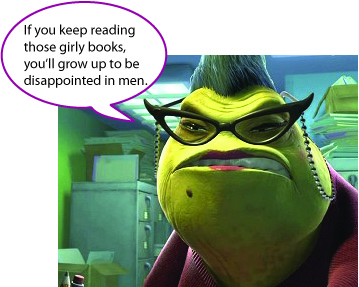Come one, come all, to the Jane Austen Fight Club, where the very best from Jane’s world and the very best from everywhere else match wits and fists for all to see! The prizes: pride, honor, and the adoration of Jane fans everywhere, or a “The first rule of fight club is, we don’t talk about Mr. Darcy” t-shirt and possibly some Regency medical care for all your combat-induced wound-care needs!
Today’s contestants: Mr. William “Pride” Darcy, disastrous proposer and saver of family reputations, and Gilbert “Slatehead” Blythe, who knows now not to resort to name-calling. Both won over the high-spirited ladies of their dreams, but who gets the upper hand in this Clash of the Dreamboats?
In their corners:

Darcy’s handsome, wealthy, good-hearted, and determined (but not so determined that he won’t let it go…and then pi

ne heroically forever and ever). He proposes awkwardly, but then saves the Bennets but doesn’t want them to know about it. He’s nice to his little sister, but calls Caroline Bingley out on whatever it is she’s doing. And we love him. LOVE HIM.
Gilbert’s handsome, not very wealthy, good-hearted, and determined. He saves Anne Shirley from drowning by Tennyson, gives up his job so she can have it, outwaits Roy Gardner (SIGH), then becomes a doctor and has lots of kids, and it’s wonderful, okay? WONDERFUL.
Handicaps:
Darcy is…how do we put this? Awkward. Rude at parties. Sometimes a giver of bad advice to his BFF. In fact, you kiiiind of can’t take him anywhere.
Gilbert, well, he did call the girl of his dreams Carrots. I guess he’s pretty full of himself as a kid, but he gets over it. Right?
Decision:
Um, are you asking me to make a DECISION? Have we met? AM I NOT HUMAN? DO I NOT HAVE A HEART, AND OVARIES?
Readers, help me out! Which literary unicorn of handsomeness wins this fight? Leave your explanations in the comments.
